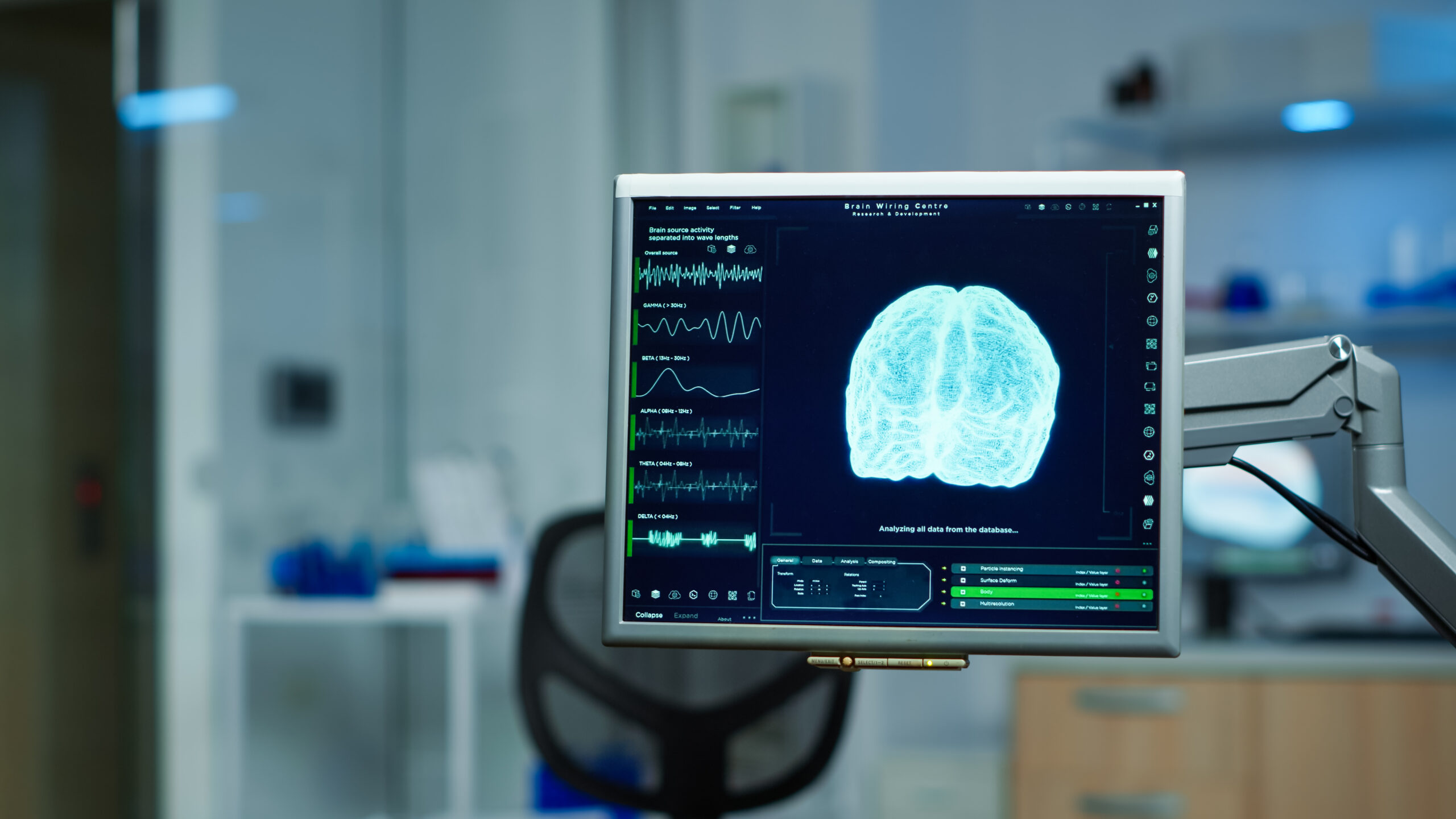Neurology, the branch of medicine that deals with disorders of the nervous system, has seen significant advancements in recent years thanks to the integration of technology. From telemedicine to wearable devices and AI-driven diagnostics, these innovative technologies are revolutionizing the field and improving patient care.
One of the most notable technological advancements in neurology is telemedicine. This approach allows healthcare providers to remotely evaluate, diagnose, and treat patients using telecommunications technology. It has proven to be particularly beneficial for patients living in remote or underserved areas, where access to specialized neurological care may be limited. Telemedicine enables neurologists to reach a wider patient population and provide timely interventions without the need for in-person visits.
Wearable devices have also played a crucial role in advancing neurological healthcare. These devices, such as smartwatches and fitness trackers, can monitor vital signs, track sleep patterns, and detect abnormal movements or tremors. For individuals with conditions like epilepsy or Parkinson’s disease, wearable devices provide continuous monitoring and real-time data that can help healthcare professionals make accurate diagnoses and tailor treatment plans accordingly.
Artificial intelligence (AI) has emerged as a powerful tool in neurological healthcare. AI-driven diagnostics can analyze large datasets and identify patterns that may be difficult for human physicians to detect. This technology has shown great promise in the early detection of neurological disorders such as Alzheimer’s disease and multiple sclerosis. By analyzing the patient’s medical history, genetic information, and imaging data, AI algorithms can provide more accurate diagnoses and personalized treatment recommendations.
The impact of these technological advancements on patient care cannot be overstated. Telemedicine has made neurological care more accessible, especially for those who live in remote areas. Patients no longer need to travel long distances to see a specialist, as they can have virtual consultations from the comfort of their own homes. This has not only improved convenience but also reduced healthcare costs and increased patient satisfaction.
Wearable devices have empowered patients to actively participate in their own healthcare. By continuously monitoring their vital signs and symptoms, individuals can gain valuable insights into their condition and make informed decisions about their treatment and lifestyle. This self-management approach has led to better patient outcomes and reduced hospital readmission rates.
AI-driven diagnostics have significantly improved the accuracy and speed of neurological diagnoses. By leveraging the power of machine learning and data analysis, AI algorithms can detect subtle patterns and biomarkers that may indicate the presence of a neurological disorder. This early detection allows for timely intervention and better treatment outcomes.
In conclusion, technology has played a crucial role in advancing neurological healthcare. Telemedicine, wearable devices, and AI-driven diagnostics have revolutionized the field, making neurological care more accessible, personalized, and accurate. As technology continues to evolve, we can expect further advancements that will continue to improve patient care and ultimately lead to better neurological outcomes.




